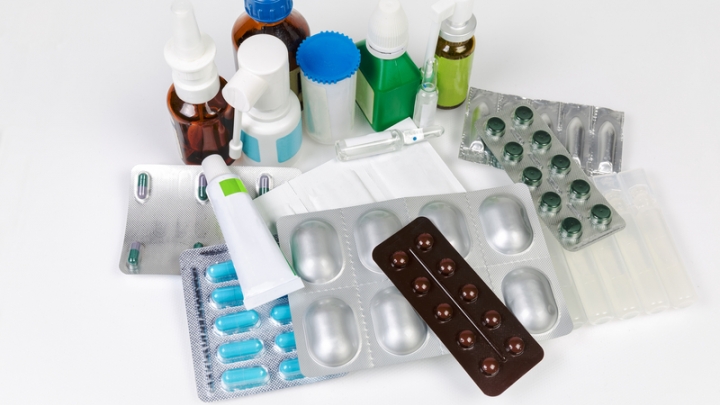(RxWiki News) The US Food and Drug Administration (FDA) is warning consumers about fraudulent coronavirus products.
As the COVID-19 pandemic has spread across the world, various companies have showed up online selling products that claim to treat, prevent, diagnose or even cure COVID-19.
The FDA is issuing warning letters to the offending companies. Over the last year, the FDA has sent many such letters.
Some of the types of COVID-19 products the FDA has identified as problematic (and deserving of a warning letter) include:
- Test kits
- Tinctures
- Nasal sprays
- Liquid mask spray
- Throat spray
- Hand wipes
- Topical skin products
- Thermal screening camera
- Tea powder
- Creams and gels
According to the FDA, the next time you are browsing the internet, one of the best ways to protect yourself from these products is to ask yourself the following:
- Whether the claim sounds "too good to be true"
- Whether the claim contradicts what you’ve heard from reputable sources
Here is the problem with these companies and the products they sell: The FDA has not reviewed their products or the claims surrounding them for safety or effectiveness. That means these products could be fake, ineffective or even harmful for users.
Even if these fraudulent products do not cause any active harm to users, they may keep people from seeking approved, appropriate treatments. Delaying treatment can lead to worse outcomes, including death.
Look for these claims to better identify scam products:
- “Miracle cures” that claim a scientific breakthrough or contain a secret ingredient are likely a scam.
- Claiming to be a "quick fix."
- An "all natural” treatment or cure. This language is included on purpose to grab your attention and suggest it is a safer alternative than what is the standard treatment. But don't be fooled. All natural doesn't necessarily mean it is safer.
Never take a new supplement or medication without speaking to your doctor about it first. If you are concerned about COVID-19, speak with your healthcare provider.







